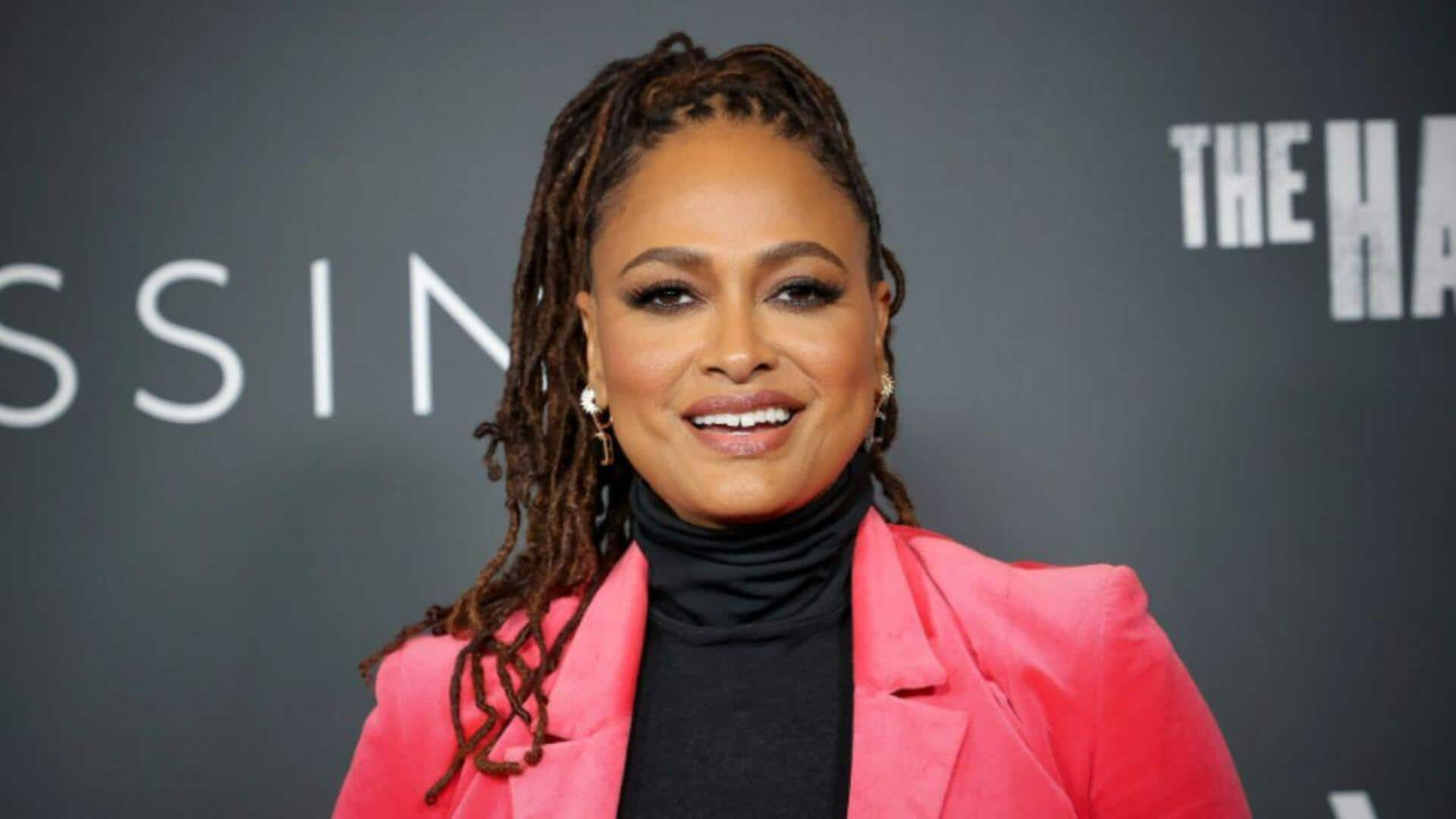
Ava DuVernay's bold moves for diversity and representation
What's the story
Ava DuVernay has emerged as a key player in changing the way Black narratives are told in Hollywood. Her contributions as a director, producer, and writer have paved the way for more diverse storytelling and representation. By centering authentic experiences and voices, she defies conventional Hollywood practices. Here's a look at the different ways DuVernay is changing the game and opening doors for underrepresented communities.
#1
'Selma' and historical storytelling
With Selma, DuVernay breathed life into the story of Dr. Martin Luther King Jr.'s march from Selma to Montgomery. The movie not only brought to light an important chapter in American history, but also stressed the significance of portraying Black leaders and their struggles accurately. By prioritizing historical accuracy and emotional heft, DuVernay raised the bar for biopics of Black personalities.
#2
'13th' and social justice awareness
In her documentary 13th, DuVernay explores the intersection of race, justice, and mass incarceration in the United States. By delving into historical contexts that have contributed to current disparities, the film shines a light on the systemic issues plaguing Black communities. With powerful interviews and compelling data, 13th has ignited conversations on social justice reform in Hollywood and beyond.
#3
Creating opportunities with ARRAY
DuVernay's ARRAY is an independent distribution company dedicated to amplifying the work of women filmmakers and people of color. The initiative tackles the issue of diversity in film distribution head-on, giving marginalized voices a chance to reach wider audiences. ARRAY's success proves that sometimes, all it takes is a little strategic support to give diverse stories the visibility they deserve in the mainstream.
#4
Expanding television representation with 'Queen Sugar'
Through her television series Queen Sugar, DuVernay continues to expand representation by hiring an all-female directing team every season. This not only opens the door for women directors, but also makes sure that diversity is reflected off-screen, as much as it is on-screen. The show's emphasis on family dynamics in a Southern African-American community only makes its narrative deeper.
#5
Championing diversity at film festivals
DuVernay actively attends film festivals around the globe to push for diversity, onscreen and offscreen, through panel discussions or jury memberships. She advocates for inclusion in every aspect of the filmmaking process, be it casting choices or selecting the crew. These eventually play a part in changing industry standards when it comes to equitable representation practices overall.